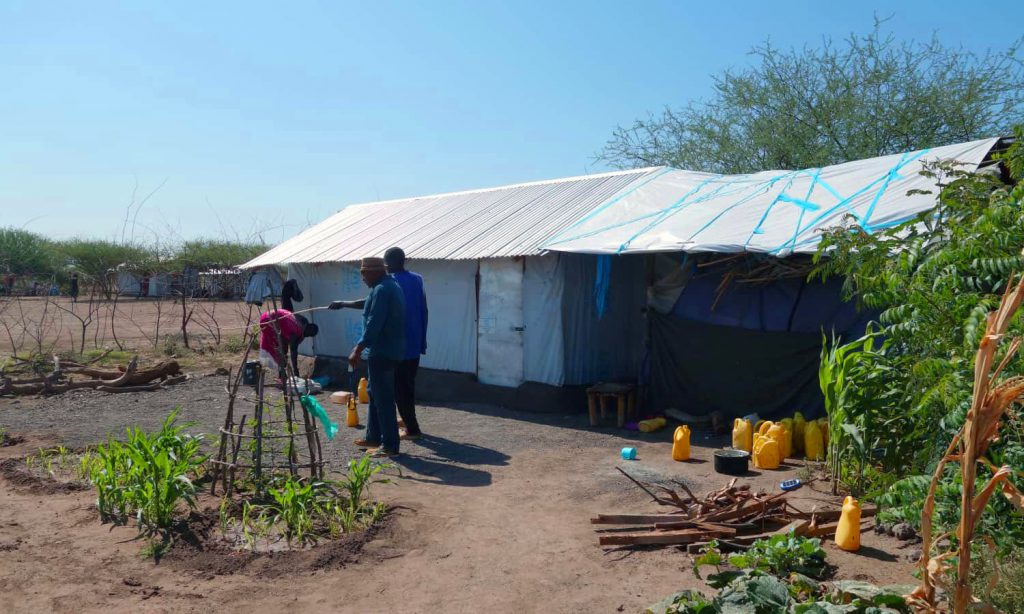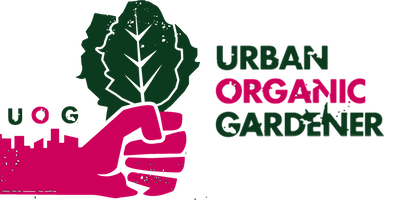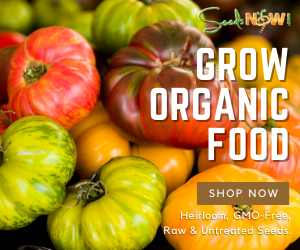
In the Kalobeyei Settlement in northern Kenya, refugees are turning to urban farming to improve food security, nutrition, and self-sufficiency. Kitchen gardens, a project of the multi-agency Kalobeyei Integrated Socio and Economic Development Programme (KISEDP), supplement food distributed by humanitarian aid. The KISEDP program equips households with seeds, tools, and mentorship, helping enable families to set up vegetable gardens using dryland farming techniques.
Droughts and land-use changes in recent years challenge the livelihoods of both refugees and pastoralist communities in Kenya’s desert region. As a response, the U.N. Food and Agriculture Organization (FAO), the World Food Programme, and the Turkana County Government introduced the kitchen gardens in 2017 to combat food insecurity and provide an alternative source of livelihood to both hosts and refugees.
“Food can be a powerful force for social integration,” says Johanna Mendelson Forman, Adjunct Professor at the American University’s School of International Service. Mendelson Forman is also a Distinguished Fellow at the Stimson Center’s Food Security Program. “You can [improve] food security with people that can grow their own food. They can also take the [surplus] product to a place where they can earn a little livelihood,” Mendelson Forman tells Food Tank.
READ THE FULL ARTICLE: https://foodtank.com/news/2019/12/empowering-refugees-in-kenya-through-urban-farming/




















